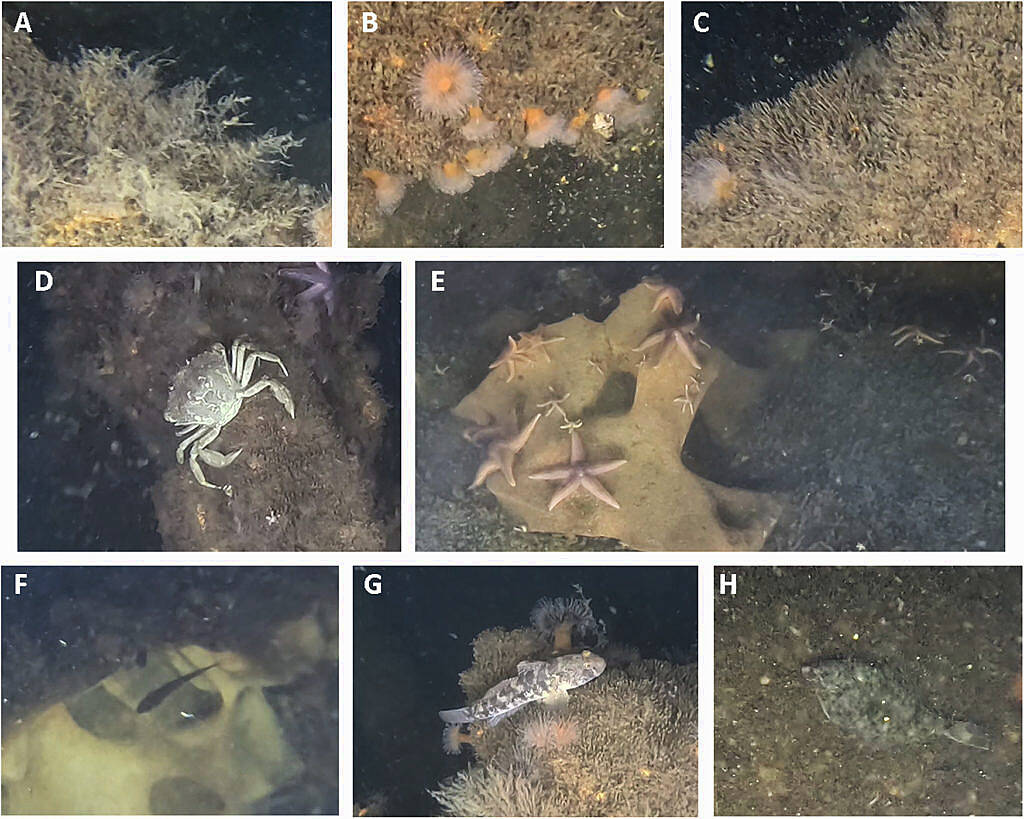The coming into force of the High Seas Treaty under the UN Convention on the Law of the Sea (UNCLOS) marks a significant step forward in the global effort to safeguard the oceans from the worsening effects of climate change, pollution, biodiversity loss, and the unsustainable extraction of marine resources.
Morocco recently became the 60th country to ratify the treaty, bringing it into force effective January 2026. This milestone paves the way for the creation of marine protected areas beyond national jurisdictions, a vital move to conserve ocean life on a global scale.
Member countries of UNCLOS now face the critical task of agreeing on which 30% of the world’s ocean should be declared high seas sanctuaries by 2030. If successfully implemented, this will represent a dramatic increase in protection from the current level of just 1%.
One of the key provisions of the treaty is the obligation placed on states and organizations conducting non-military activities in the high seas. They are required to conduct environmental impact assessments, make these assessments public, and take proactive steps to advance biodiversity protection beyond national jurisdictions.
Countries must evaluate the environmental impacts of their initiatives, considering pollution—including plastic pollution—deforestation, and carbon emissions that alter ocean chemistry. Public consultation and the recognition of indigenous peoples’ and local communities’ rights are equally important. The treaty also emphasizes the use of indigenous knowledge in preserving genetic resources, highlighting a holistic approach to ocean conservation.
As with all UN treaties, there is a strong obligation for countries to cooperate fully in implementing landmark agreements such as UNCLOS. India signed the High Seas Treaty a year ago but has yet to ratify it, citing the need to pass enabling domestic legislation.
While this legislative step may be necessary, it is crucial that India acts swiftly to close this gap and ratify the treaty without delay.
India’s record on curbing plastic pollution has been less than encouraging. This was evident during the recent UN Plastics Pollution Treaty talks, where India opposed a cap on plastic production based on economic concerns. Moreover, the national ban on single-use plastics, issued in 2022, has had minimal impact. Thousands of tonnes of plastic waste from bags and packaging continue to enter the seas every day, largely due to poor waste collection and management systems.
This disappointing performance stands in stark contrast to India’s claims of progress under the Paris Agreement on Climate Change.
Further scrutiny may arise regarding the environmental implications for the oceans of projects like the Rs 72,000 crore Great Nicobar Project. This development involves removing nearly 960,000 trees, taking over tribal lands, and destroying critical leatherback turtle nesting sites on this ancient island.
UN covenants place vital emphasis on intergenerational equity and the sustainable preservation of Earth’s resources. India’s approach to ocean protection must therefore be both progressive and demonstrably committed.
In light of this, India must prioritize ratifying the High Seas Treaty as soon as possible, signaling its dedication to protecting the oceans for current and future generations.
https://www.freepressjournal.in/analysis/biodiversity-protection-beyond-borders



